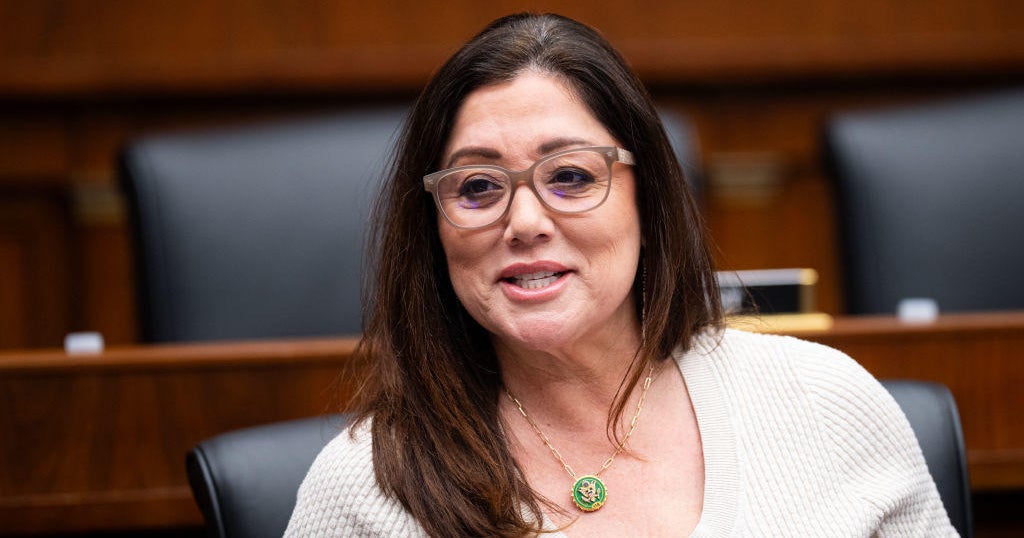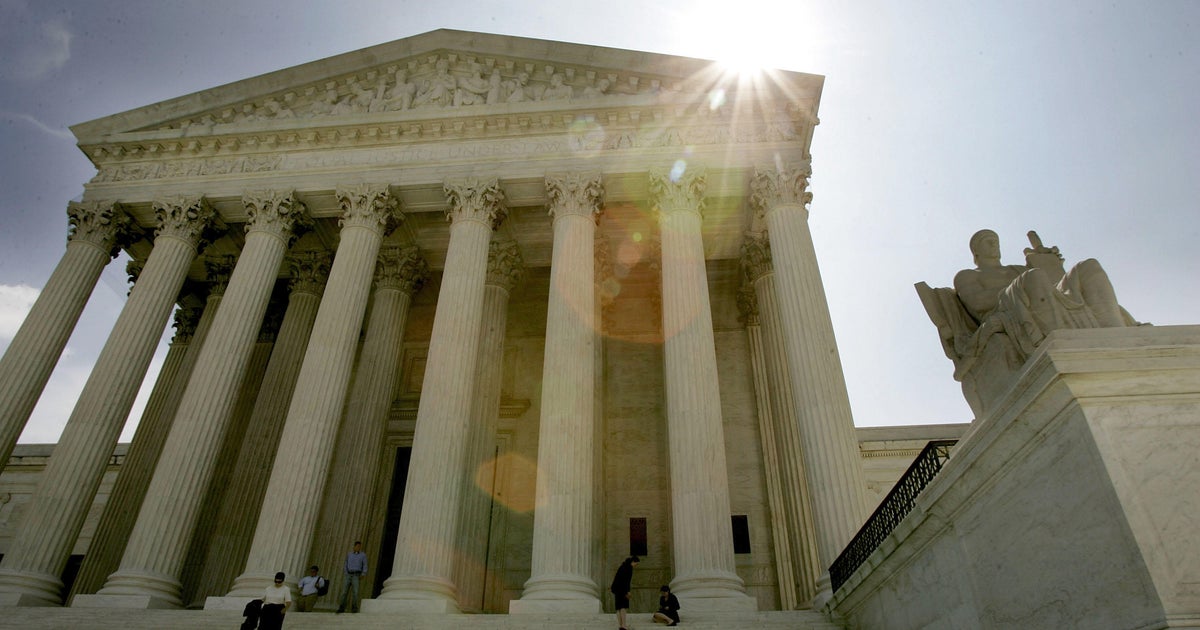DeVos defends proposal to cut federal funding for Special Olympics
Secretary of Education Betsy DeVos defended herself Wednesday from withering criticism over the Trump administration's proposal to cut federal funding for the Special Olympics, saying in a statement her critics had "spun up falsehoods and fully misrepresented the facts."
She reiterated her support for the proposed cuts, saying that "given our current budget realities, the federal government cannot fund every worthy program, particularly ones that enjoy robust support from private donations."
The administration's proposal would slash at least $7 billion from the Department of Education programs, including funding meant for the Special Olympics. The organization received $17.6 million in federal funding this year.
At a hearing on Capitol Hill on Tuesday, DeVos said "difficult decisions had to be made" to find spending cuts. The administration's budget proposal serves as the starting point for negotiations between the White House and congressional appropriators who determine spending levels.
"I think that the Special Olympics is an awesome organization," she told a House Appropriations subcommittee. "One that is well supported by the philanthropic sector as well."
But Democrats on the committee sharply criticized her for the administration's proposal.
"I still can't understand why you would go after disabled children in your budget," Rep. Barbara Lee of California said during Tuesday's hearing. "You zero that out. It's appalling."
When Rep. Mark Pocan of Wisconsin asked her how many children would be impacted by the cuts, DeVos couldn't provide a figure. Pocan said more than 270,000 children benefit from Special Olympics programs.
Many people on social media, including athletes and prominent sports figures, were outraged by DeVos' testimony on the proposed cuts. ESPN's Julie Foudy and Kevin Negandhi, both of whom have been involved with the Special Olympics in the past, defended the organization.
In her statement Wednesday, DeVos slammed "unacceptable, shameful and counterproductive" criticism from the media and some lawmakers, saying the administration was committed to supporting young people with disabilities.
"The Special Olympics is not a federal program," she said. "It's a private organization. Because of its important work, it is able to raise more than $100 million every year. There are dozens of worthy nonprofits that support students and adults with disabilities that don't get a dime of federal grant money."
Founded in 1968, the Special Olympics is the world's largest sports organization for people with intellectual and physical disabilities. According to the organization's website, it works with more than 5 million athletes across 170 countries.
CBS News reached out to the Special Olympics for comment but did not immediately hear back.



